Self Directed Resources
Resources to help your students excel.
Established with the mission to support faculty in enhancing their teaching practices and promoting overall wellness, our center is dedicated to fostering an environment of innovation, inclusivity, and excellence.
Course Content
Flipped Classroom
These resources outline the flipped classroom model, which involves moving content delivery outside of class to allow for more interactive and collaborative learning activities during class time. It emphasizes personalized learning experiences, increased student engagement, and the development of higher-order thinking skills through pre-class content consumption and in-class application activities.
Link: Flipped Classroom
Link: Planning a Flipped Class
Source:
The Catholic University of America’s Center for Teaching Excellence
University of Waterloo Center for Teaching Excellence
Applied Learning
This resource on applied learning emphasizes engaging students directly in course concepts through hands-on experiences, projects, and research, fostering connections between academic content and real-world applications. It highlights the benefits of increased student motivation, critical thinking, problem-solving skills, and reflective learning.
Link: Applied Learning
Resource: Self-Regulated Learning
Self-Regulated Learning
This resource provides tools for instructors to enhance students’ self-regulated learning. It includes examples such as a Learning Strategies Checklist for assessing and improving study habits, Exam and Assignment Wrappers for reflective assessment and future planning, and a Student Learning Reflection Survey for gathering feedback on engagement and learning strategies throughout the course. These tools aim to foster metacognition, self-regulation, and continuous improvement in students’ learning approaches.
Link: Self-Regulated Learning
Source: The Catholic University of America’s Center for Teaching Excellence
Project-Based Learning
This resource outlines Project-Based Learning (PBL) as a method where students actively engage in extended, real-world projects to solve meaningful problems. It emphasizes starting with an essential question to drive inquiry and creativity, designing a structured plan and schedule, monitoring student progress through formative assessments, assessing both process and outcome, and finally, evaluating the overall learning experience to foster continuous improvement and reflection.
Link: Project-Based Learning
Source: The Catholic University of America’s Center for Teaching Excellence
Differentiation
This resource outlines various techniques to support diverse learners and scaffold their learning through differentiation.
Link: Differentiation
Link: Differentiated Instruction
Link: Differentiation Strategies
Link: Differentiated Learning
Source:
The Catholic University of America’s Center for Teaching Excellence
Stanford Center for Teaching and Learning
Structural Learning
NSW Department of Education
Active Learning Strategies
This resource on active learning activities provides a variety of strategies aimed at engaging students in constructing their own understanding through interactive and collaborative methods.
Link: What is Active Learning?
Link: Active Learning Cheat Sheet
Link: Examples of Active Learning 1, 2, 3, 4, 5
Link: Video Library of Active Learning Strategies & How it can be adopted online
Source:
University of Minnesota Center for Educational Innovation
Queen’s University Centre for Teaching and Learning
University of Waterloo Center for Teaching Excellence
IOWA State University Center for Excellence in Teaching and Learning
Alice Cassdiy’s Educational Development Resources
Patricia Cross Academy
Vanderbilt University Center for Teaching
Other Resource Categories
Launch Yourself Into The Future.
Join our community to receive the latest updates, exclusive content, and valuable insights delivered straight to your inbox. Don’t miss out—subscribe today and be the first to know about what’s new!

